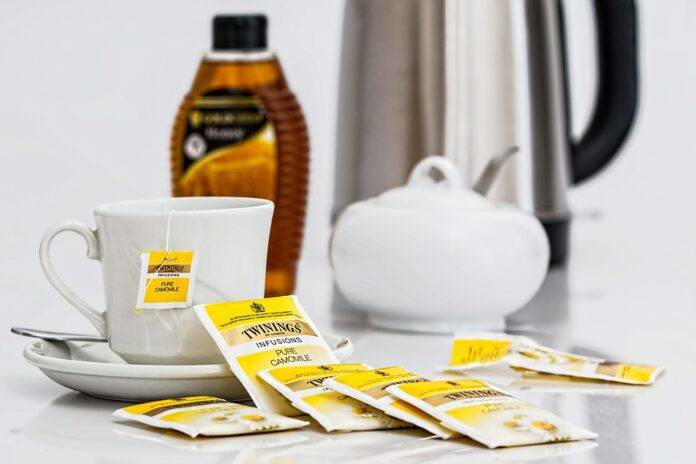The Rise of Herbal Tea Drinks in the Functional Beverage Market
Overview of the Functional Beverage Market
The functional beverage market has been experiencing significant growth in recent years, driven by consumers’ increasing interest in health and wellness. Functional beverages are drinks that offer additional health benefits beyond basic nutrition, such as improved energy, digestion, immunity, or mental clarity. These beverages often contain ingredients like vitamins, minerals, herbs, and other bioactive compounds.
According to a report by Grand View Research, the global functional beverage market size was valued at $128.66 billion in 2020 and is expected to grow at a CAGR of 6.1% from 2021 to 2028. This growth is fueled by consumers’ growing awareness of the link between diet and health, as well as their desire for convenient and tasty ways to support their well-being.
The Appeal of Herbal Tea Drinks
One segment of the functional beverage market that has been gaining traction is herbal tea drinks. Herbal teas are made from a variety of plants, herbs, flowers, fruits, and spices, each with its own unique health benefits. These beverages are often caffeine-free and can be consumed hot or cold, making them a versatile option for health-conscious consumers.
Herbal tea drinks are popular for their natural ingredients and potential health benefits. For example, chamomile tea is known for its calming properties, while peppermint tea can aid in digestion. Other popular herbal teas include ginger, turmeric, and hibiscus, each offering different health-promoting effects.
Reasons for the Growth of Herbal Tea Drinks
There are several reasons why herbal tea drinks are growing in popularity within the functional beverage market:
1. **Health Benefits**: Consumers are increasingly seeking out natural and plant-based remedies to support their health. Herbal teas are perceived as a healthier alternative to sugary sodas and artificial energy drinks, offering a range of potential health benefits without the added sugars and artificial ingredients.
2. **Variety of Flavors**: Herbal teas come in a wide range of flavors and blends, appealing to a diverse range of tastes. From fruity blends to spicy chai teas, there is a herbal tea for every palate, making it easy for consumers to find a flavor they enjoy.
3. **Convenience**: Herbal tea drinks are easy to prepare and consume, whether brewed hot or enjoyed cold as an iced tea. Many brands offer pre-packaged herbal tea bags or bottled tea drinks, making it convenient for consumers to enjoy herbal teas on the go.
4. **Functional Ingredients**: Herbal teas often contain ingredients with functional benefits, such as antioxidants, vitamins, and minerals. These ingredients can support various aspects of health, from immune function to digestion, making herbal teas a popular choice for those looking to improve their well-being.
Key Players in the Herbal Tea Market
Several companies have capitalized on the growing demand for herbal tea drinks in the functional beverage market. Some key players in the herbal tea market include:
1. **Twinings**: Twinings is a well-known tea brand that offers a wide selection of herbal teas, including blends like chamomile, peppermint, and ginger. The company has a long history of producing high-quality teas and is a trusted name in the industry.
2. **Celestial Seasonings**: Celestial Seasonings is another popular herbal tea brand, known for its flavorful blends and natural ingredients. The company offers a variety of herbal teas, from soothing bedtime blends to energizing morning picks.
3. **Yogi Tea**: Yogi Tea is a brand that specializes in herbal and Ayurvedic teas, blending traditional herbs and spices for wellness-focused teas. The company’s teas are often formulated to support various health goals, such as stress relief, detoxification, and digestion.
Future Outlook for Herbal Tea Drinks
The future looks bright for herbal tea drinks in the functional beverage market. As consumers continue to prioritize health and wellness, the demand for natural and functional beverages like herbal teas is expected to grow. Companies that can innovate with new flavors, ingredients, and packaging formats are likely to succeed in this competitive market.
Overall, herbal tea drinks offer a combination of health benefits, flavor variety, and convenience that appeal to a wide range of consumers. With the global functional beverage market on the rise, herbal teas are well-positioned to continue their growth and capture a larger share of the market in the coming years.




